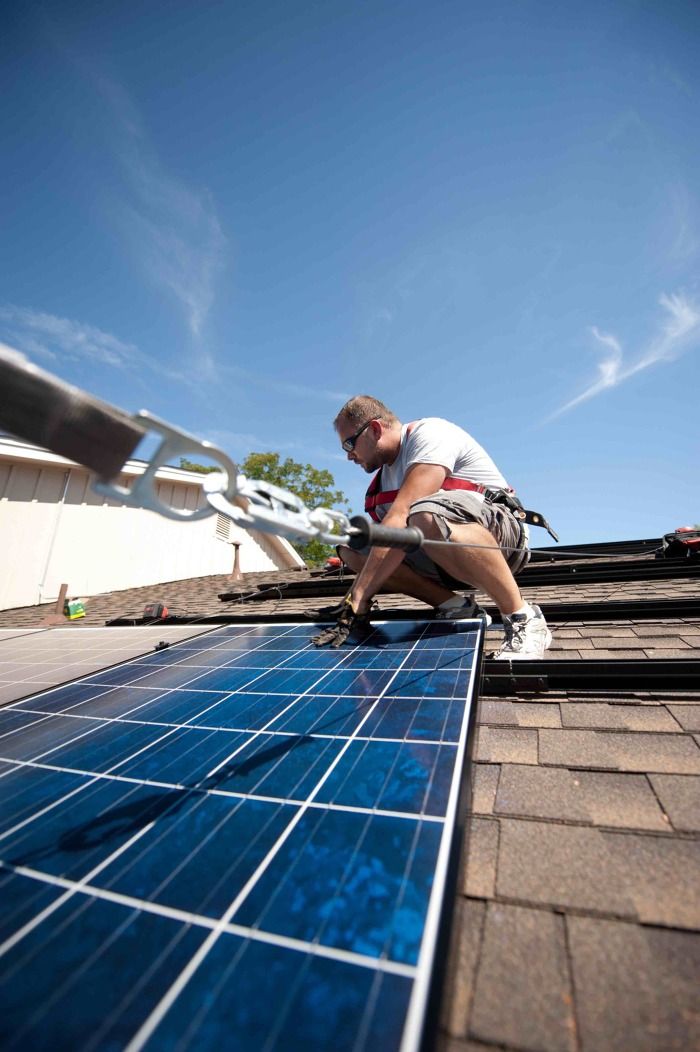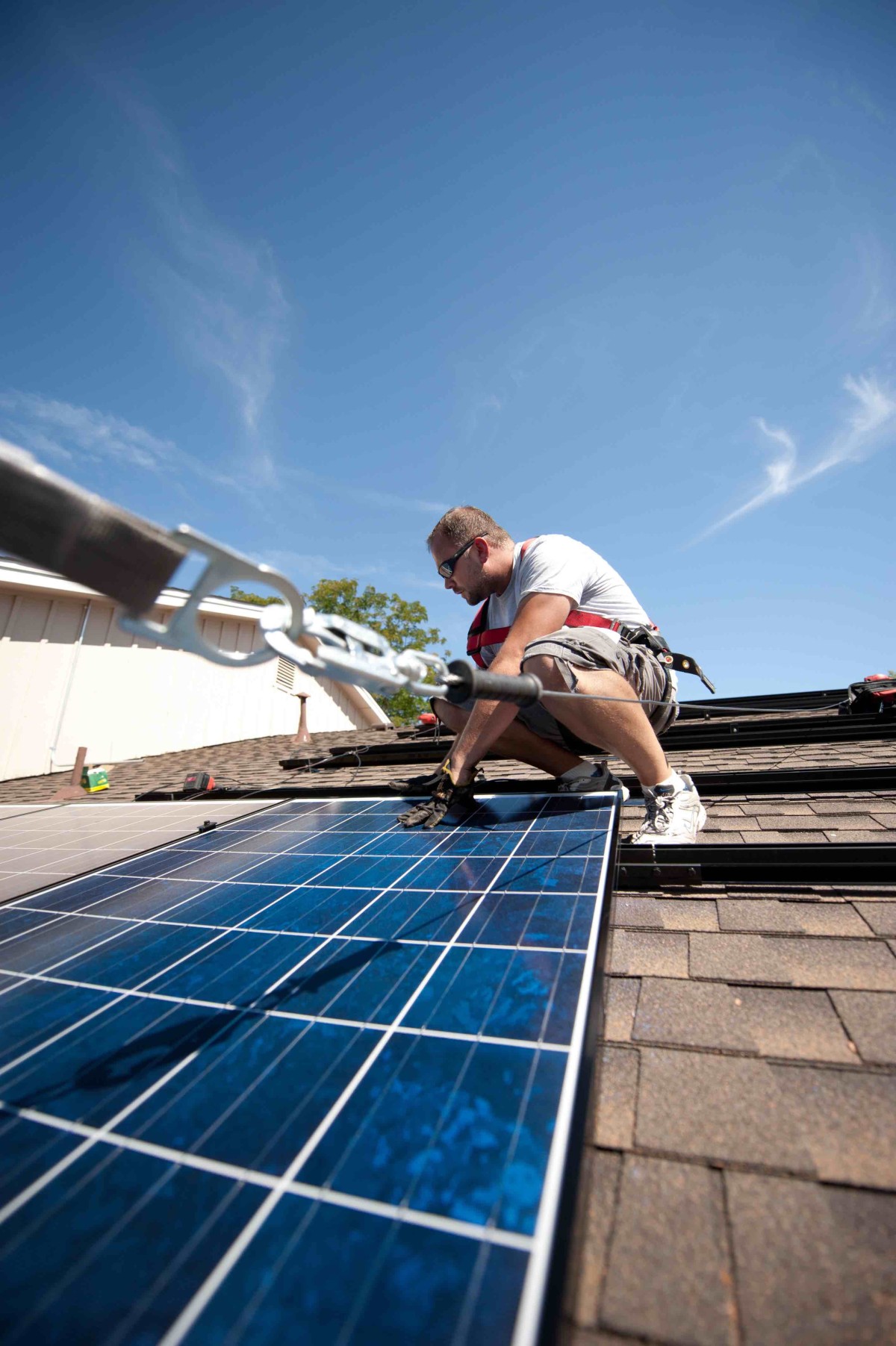Congress Poised to Give Renewables a Big Boost

UPDATE: Both the House and Senate passed this legislation on December 18. President Obama was expected to sign it into law. For more, read this.
Congress tackles a spending bill this week that promises to keep federal tax credits for solar and wind projects intact as part of a deal ending a ban on U.S. crude oil exports.
The $1.15 trillion spending bill announced earlier in the week would extend the Production Tax Credit for wind projects through 2020, a post at Greentech Media said, while the Investment Tax Credit (ITC) for solar projects would stay at the current 30% through 2019 before falling over the next several years to 10% in 2022.
The ITC had been scheduled to drop to 10% for commercial projects and disappear altogether for residential installations at the end of 2016. The tax credit for wind projects was dropped at the end of 2014, but developers who had started construction were able to make use of it this year.
Cory Honeyman, a senior solar analyst at GTM Research, said the ITC extension is “without question a game-changer for U.S. solar’s growth trajectory.”
Lawmakers were expected to vote on the measure Thursday night or Friday morning, and while Democrats have said they support the plan there is still opposition to permitting oil exports for the first time in 40 years. Democrats view that as an oil industry subsidy as well as an environmental threat.
The impact of continued tax credits would be huge.
GTM Research predicted the ITC extension would result in 25 gigawatts of new solar capacity over the next five years, 54% more than would have been added without the credit.
“The ITC extension currently written into the omnibus spending bill will result in a 20-gigawatt annual solar market in the U.S. by 2020,” said Shayle Kann, senior VP of GTM Research. “At that rate, more solar will be installed each year than was added to the grid cumulatively through 2014.”
Honeyman added that continuing the ITC would likely result in utility-scale solar contracts for less than 4 cents a kilowatt hour “on a regular basis over the next two years,” GTM Research said.
No phase out until 2022
Under the current proposal, the ITC would remain at 30% through 2019 before dropping to 26% in 2020, and to 22% in 2021. In 2022 and after, the tax credit would be pegged at 10% of the cost of a project for non-residential and third-party owned residential systems. Homeowners who installed systems on their own houses would get no tax credits after 2022.
GTM Research said a “commerce-construction” provision allows projects coming on-line by the end of 2023 to qualify for the larger tax credits.
The ITC, along with falling prices for PV modules, has been a major driver of solar installations, and the move to keep it alive will provide a big boost for installers. The Wall Street Journal reported shares of SolarCity, the country’s largest installer, were up 34% on Wednesday on news of the deal.
The Solar Energy Industries Association says the continuation of the ITC could add as many as 140,000 jobs to the industry’s existing workforce of 200,000.
Wind projects will be able to claim a credit of 2.3 cents per kilowatt-hour through the end of 2016, before it begins to fall. It would be phased out completely in 2020. The biggest markets for wind are in Texas and California. Patten Energy Group, which develops wind projects in the Texas panhandle and elsewhere, saw its shares close 11% higher on Wednesday. Its CEO said the tax credit extension “will save jobs,” The Wall Street Journal reported.
Extending the tax credits for wind will cost taxpayers $14.5 billion, the newspaper said, while continued solar credits will cost taxpayers $9.3 billion.
Read more: http://www.greenbuildingadvisor.com/blogs/dept/green-building-news%2A#ixzz3ubUvHqK4
Follow us: @gbadvisor on Twitter | GreenBuildingAdvisor on Facebook
Old House Journal Recommended Products
Fine Homebuilding receives a commission for items purchased through links on this site, including Amazon Associates and other affiliate advertising programs.

Affordable IR Camera

Handy Heat Gun

8067 All-Weather Flashing Tape

An omnibus spending bill in Congress would mean continued federal tax credits for photovoltaic systems, a shot in the arm for installers, manufacturers and homeowners.























